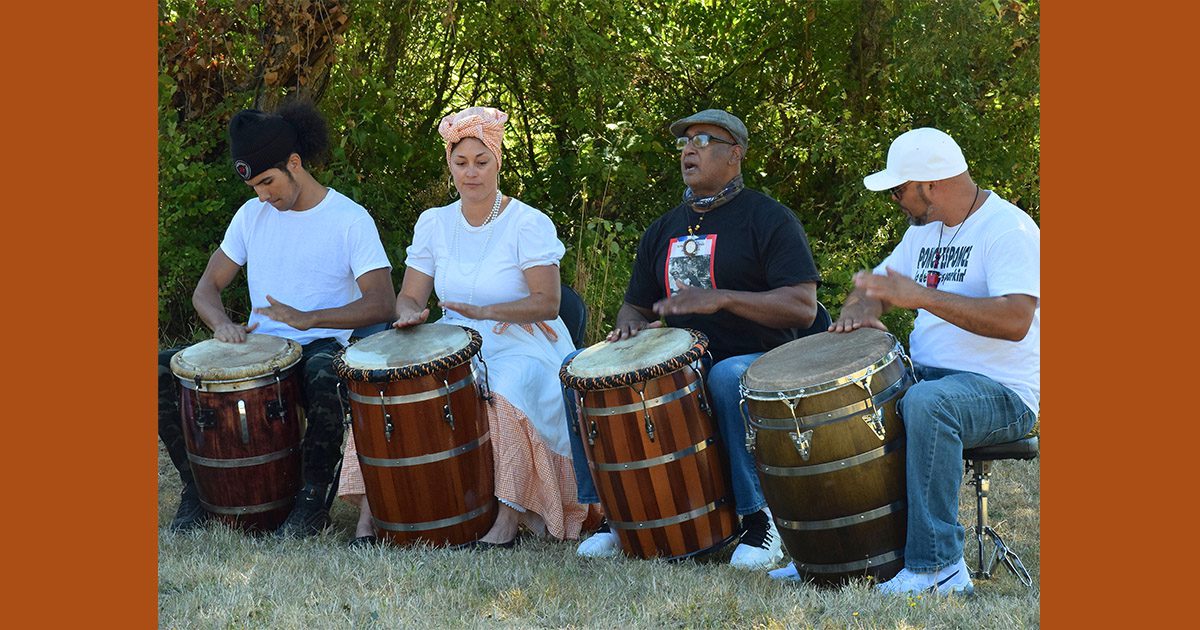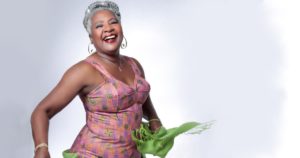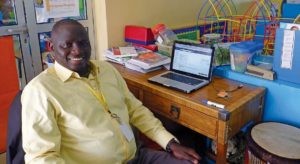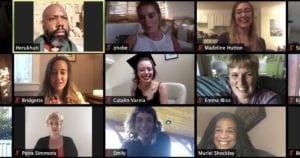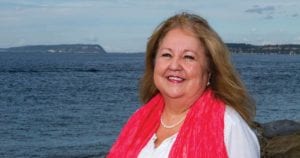It is true that teaching is a radical act; however, in some ways more so is the act of learning. Our systems of public schooling and higher education would benefit from authentic transformation not only for the purpose of increased student achievement, but also to reconnect learners to what it means to be fully human. As with all radical transformations, history has shown us that an activist stance is necessary to inspire and support this process. Perhaps we are seeing some of this in Chicago this week.
How do we connect activism with teaching, learning, and school reform? Thomas Merton, a Trappist monk and author writes in his letter to James Forrest, a Catholic activist and founder of the Catholic Peace Fellowship:
Do not depend on the hope of results…. As you get used to this idea, you start more and more to concentrate not on the results but on the value, the rightness, the truth of the work itself…In the end, it is the reality of personal relationships that saves everything…
We live in an era of results-oriented approaches that greatly influence curriculum and instruction at all levels. Authoritarian-inspired accreditation procedures plague educational institutions K through 12 as well as colleges and universities. Organizational success is measured through high stakes tests and institutional audits where results are presented as sole measures of accountability. It is unfortunate that scripted strategic practices and finite testing mechanisms often take precedent in the schooling process over and above more formative processes. Relationally-driven strategies characteristic of constructivist curriculum are dismissed as being too subjective. I believe the best form of educational practice places personal relationships and that which defines us as being human at the center of teaching and learning. If we do not value relationships and our own spirits as human beings, we contribute to the dehumanization of our society.
I am an educator and activist and I believe that personal relationships have the capacity to “save everything.” I passionately support schools in becoming places of learning that promote, develop, and evaluate skills needed to create and sustain our complex individual and collective life on earth. I believe, that without the prioritization of skills that inspire, nurture, and evaluate relationships, education falls short in providing a foundation for our present and future citizens who will be asked to “save everything.” This includes the salvation of our environmental, political, economic, and family systems, as well as all that we consider to be critical and sacred.
Our current system of schooling and accountability does not adequately communicate justification and provide facilitation for the saving of society; rather it encourages a brand of human development that may lead to self-destruction and ultimately disaster. This fate is accomplished through the dehumanization inherent in a construct of education that is alienated from that which is human. Without humanization, we cannot create education for the purpose of social justice.
So what should we do? What does teaching and learning incorporate when it values personal relationships and places humanity at the center?
I envision the comprehensive and intentional grassroots development and organizing of classrooms and schools as integral parts of community living. These schools act as community hubs. When a neighborhood school is closed, some might say that this is a victory for accountability because a failing environment has been purged. I believe, however, that this is a tragedy as a neighborhood has lost an important place that has been celebrated for generations as a community center for meeting, learning, voting, participating, growing, caring, and sheltering values. When schools close, neighborhoods and communities are injured and personal relationships are severed. This can only harm a democracy.
Community schools must integrate a radical curriculum that promotes the skills necessary to have meaningful and powerful personal relationships and sustain a commitment to high ideals. It is the relationship to others that enables individuals to “save everything.” Well-trained and reflective teachers and leaders must implement a curriculum that does not focus solely on prescribed content; rather one that connects the learner with community and the process of relationship-building in a diverse society. This kind of curriculum offers rigor and challenge as it focuses on creative problem solving, critical literacy, compassionate and loving interactions, storytelling, and conflict resolution. Collaboration is vital among educators, parents, children, and community members who all must begin to utilize teaching and learning as part of a conversation to change the world. This brand of education is core to the development of an engaged democracy.
We are experiencing a time in human history that is reflective of great crisis. Learners of all ages must understand radical and activist thought as a means to support and define authentic relationships to others and to themselves. They must do this to construct the kind of personal and meaningful interactions that will inspire the courage to think, act, and believe in ways where they may “save everything.”

